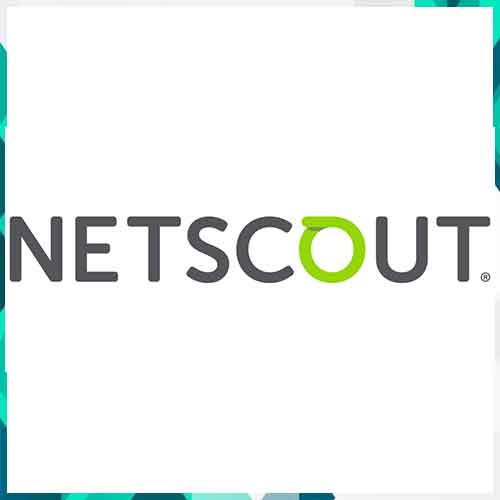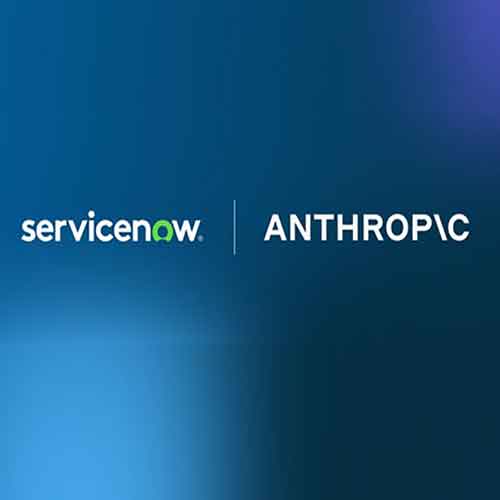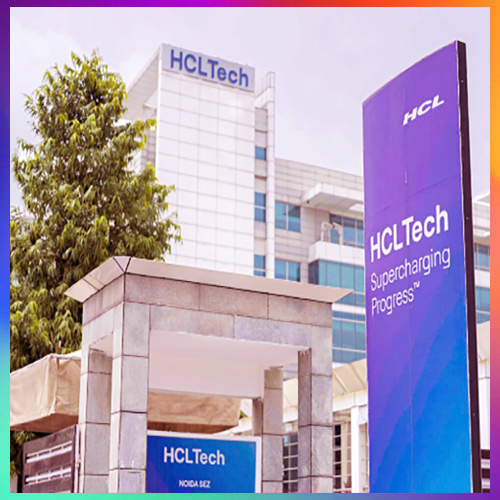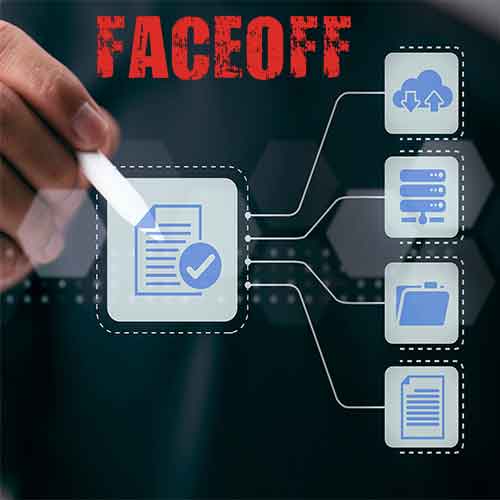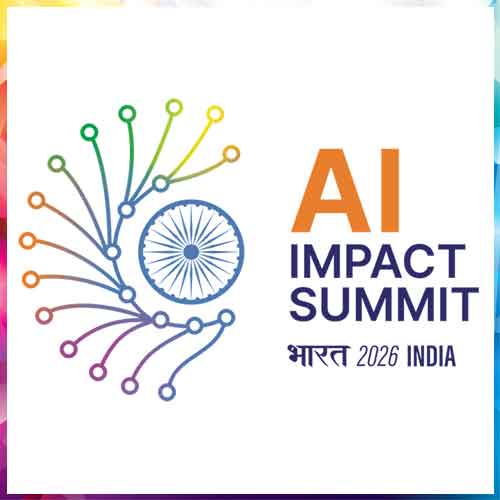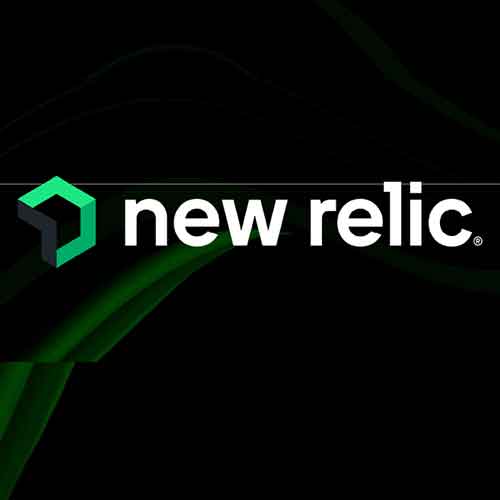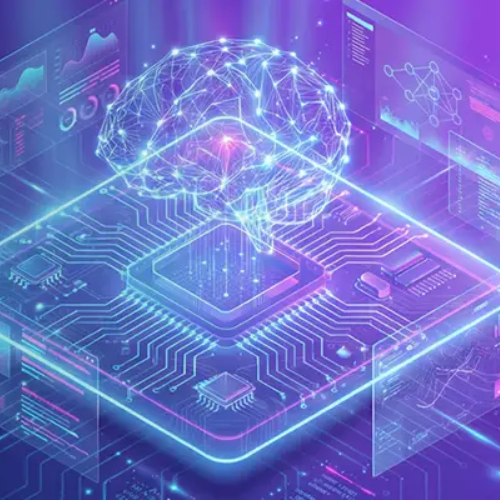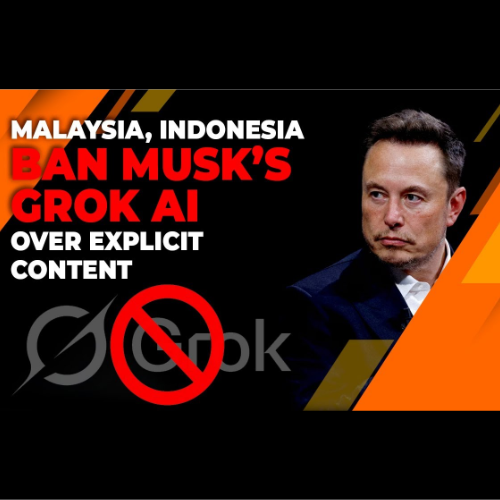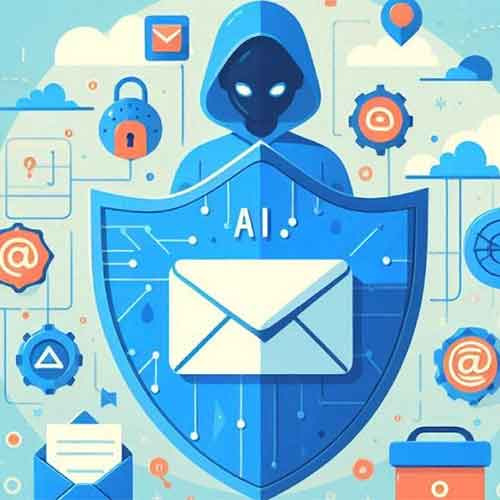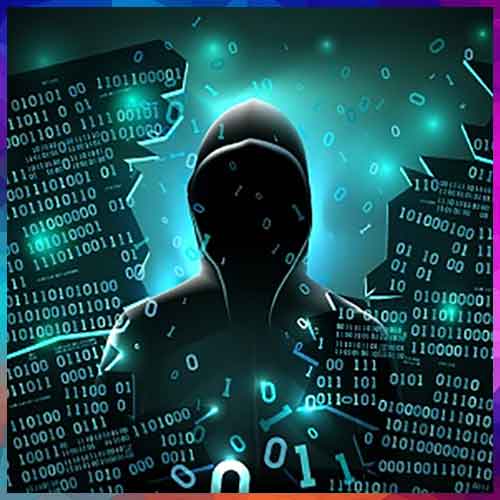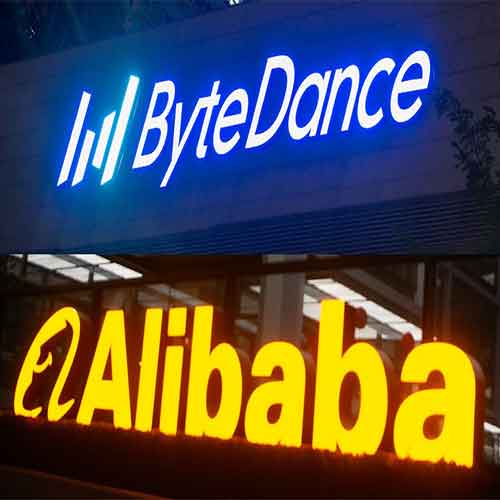
SHIKHA SHARMA
SR. MANAGER & HEAD (IT), PSRI HOSPITAL
The enterprise landscape in 2025 is being reshaped by transformative technology trends. Artificial Intelligence (AI) is revolutionizing healthcare through advancements in diagnostics, personalized medicine, and administrative efficiency. AI systems streamline scheduling, billing, and patient records, while predictive analytics enable early health risk identification. Telemedicine platforms and virtual assistants enhance accessibility and engagement, and AI accelerates drug discovery by analyzing vast datasets. These innovations are improving both patient care and operational efficiency.
Other key trends include identity-first security architecture, the evolution of digital workplaces, multi-cloud strategies, and the expansion of the Internet of Things (IoT). Modern CIOs are now strategic business enablers, aligning digital initiatives with business goals, driving innovation, and enhancing customer experiences. They promote data-driven decision-making and integrate emerging technologies such as AI, blockchain, and IoT while ensuring cybersecurity compliance.
To build a security-first culture, organizations are investing in leadership-driven initiatives, comprehensive employee training, and robust cybersecurity policies. Automation, AI, and zero-trust frameworks are integrated into security strategies to identify threats, contain them swiftly, and enforce strict access controls.
The roles of CIOs, CTOs, CISOs, and DPOs are evolving. CIOs and CTOs drive innovation and technology adoption; CISOs handle cybersecurity risks; and DPOs ensure data privacy compliance. While roles may overlap, combining them can lead to conflicts of interest, especially for DPOs tasked with independent oversight.

See What’s Next in Tech With the Fast Forward Newsletter
Tweets From @varindiamag
Nothing to see here - yet
When they Tweet, their Tweets will show up here.





